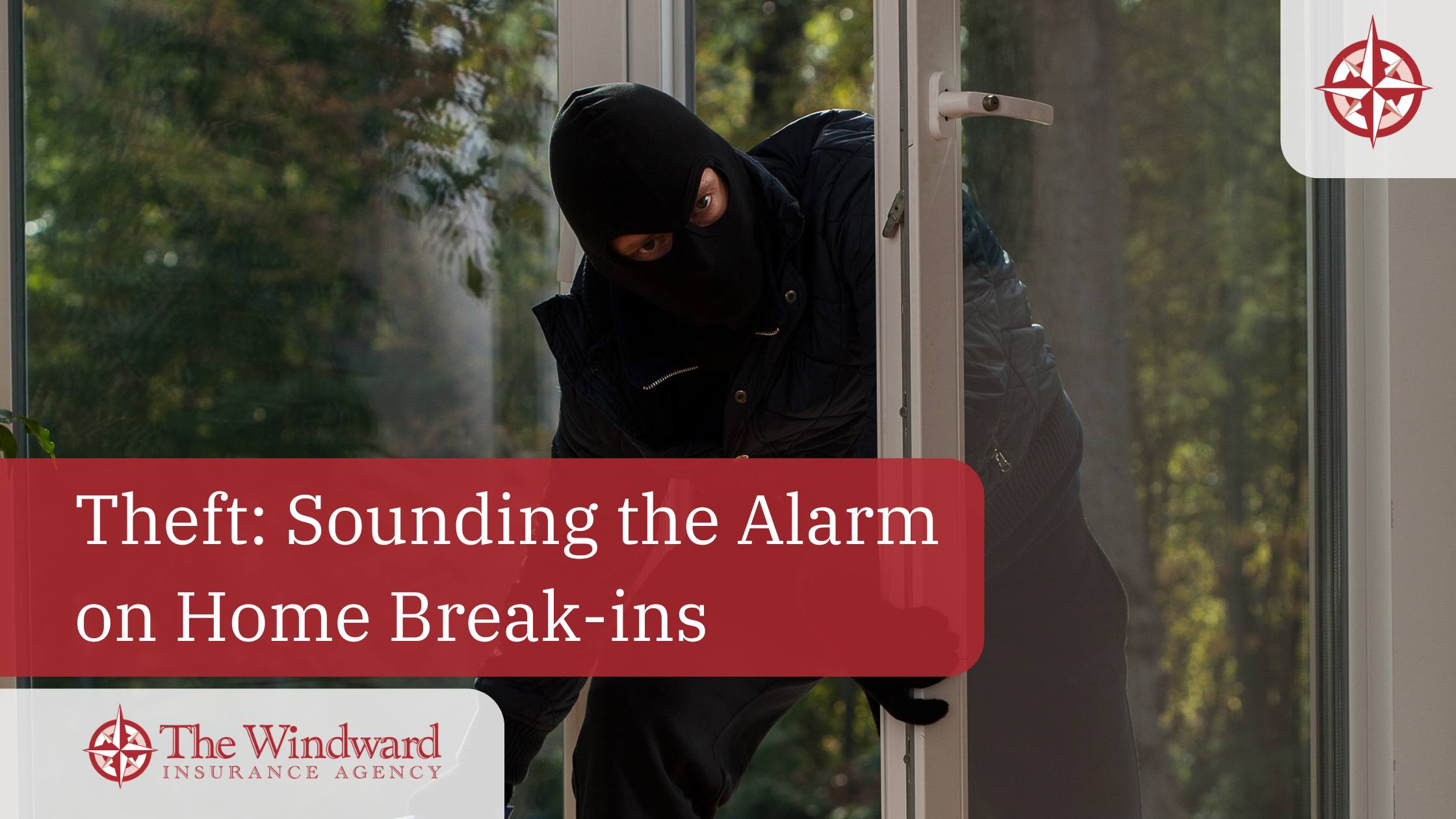Florida law requires condo associations carry certain types of insurance, including what is called a "master policy." Having a comprehensive master policy is critically important for condo associations and condo owners alike. But it's not enough. Even the most robust master policy will not cover items inside your individual unit.
So, you'll want to seriously consider purchasing your own condominium insurance – known as an HO-6 policy in the industry – to protect yourself against costly repairs or replacement in the event of a covered loss. Be sure to consult an insurance professional who is a knowledgeable and experienced provider of condominium insurance in Florida to ensure you have adequate coverage for your needs.
Accidents happen. Don't let an incident outside your control wipe you out. Condominium insurance can provide peace of mind and financial reimbursement for covered losses, including:
• Burst pipes
• Water, fire, or smoke intrusion from neighboring units
• Wind or hail breaking a window or door and causing damage to the inside of your unit
• Lightning strikes, which could fry your computer, TV or other valuable electronics
• Theft, vandalism, and malicious acts by others
What Is Condominium Insurance?
If you live in a condo in Florida, condominium insurance is typically broken down into two main types of policies:
Condo Master Policy: This is insurance purchased by the condo association, which is the organization responsible for managing, maintaining, and operating the building, common areas, and amenities. The master policy typically covers the building exterior and structure, as well as the condo's common areas. It may also provide liability coverage for the association in the event someone is injured on the property. A lot of people like to think of the master policy as covering items outside your unit.
Condo Owner (HO-6) Coverage: This is insurance purchased by the owner of a condominium unit. It is separate from the master policy and is considered the best way to protect what is inside your unit. This typically includes your personal belongings, personal liability, the cost of additional living expenses (should your condo sustain a covered loss or damage and be uninhabitable while repairs are being made), and more. Your mortgage lender may require HO-6 coverage to ensure you (and they) are protected against damage to your property.
Thus, a master policy and H-06 condo coverage often go hand-in-hand, allowing you to split the financial cost of insuring the interior and exterior of your condo unit.
What Does a Master Policy Cover?
A condominium's master policy typically covers the physical structure of the condo complex, along with common areas. This tends to include:
• Exterior building walls, roof, foundation
• Hallways, elevators, lobby
• Clubhouse, pools and hot tubs, fitness center
• Parking lots
• Other outdoor spaces on condo property
Master policies may differ from one another in what is covered, to what extent, and for what reasons. The specific coverage for your condominium will depend on its governing documents. It is important to review the master policy to get an idea of what is and isn't covered – so you have a better idea of your coverage needs.
What's Left Uncovered by a Condo Master Policy?
The master policy does not cover the interior of your unit, including any additions or improvements you've made. Nor will it cover the contents of the unit. Each condo owner is responsible for purchasing their own insurance to protect their personal property and liability exposure.
What You’ll Need in Condominium Insurance
Because master policy protections end at your condo door, Florida condo owners are strongly advised to purchase condominium insurance offering coverage for the following:
• Dwelling. Your dwelling is the physical structure of your condo, contained within your unit. This means your means your paint, floor coverings, and fixtures are part of what is considered your dwelling. It’s important coverage to have because many of these components can be extremely costly to repair or replace – such as flooring (e.g., carpet, tile, hardwood, laminate), kitchen cabinets and countertops, as well as plumbing or electrical systems.
• Personal Property. These are the personal items you own, including furniture, electronics, clothing, sports equipment, window treatments, and art. If you have expensive art or jewelry, you may want to look into additional umbrella coverage.
• Personal Liability. This coverage involves medical or other expenses related to a guest who sustains an injury while inside your unit.
• Loss of Use. If your condo becomes uninhabitable due to a covered loss, and you require temporary housing while repairs are being made, this coverage reimburses you for these types of additional living expenses.
Exactly what is covered, and for how much, will depend on the policy coverage amounts you select.
Content Insurance vs. Condo Insurance
You may have heard the phrase "content insurance" to describe policies mostly covering personal property. This type of coverage is more akin to renter's insurance than condominium insurance.
Here's a handy way to differentiate between them:
Renters Insurance (HO-4): This mostly covers personal property, in a renting situation or even for homeowners in a community where the HOA does not cover structural or personal property within your unit or home.
Condo Insurance (HO-6): This is only available to condo owners (not renters), and it offers dwelling and personal property coverage, plus more.
Protect Yourself Against Condo Insurance Gaps in Florida
There is an enormous array of factors to consider when choosing condominium insurance. At The Windward Insurance Agency, we help you make the right choices, so you and your family end up with insurance coverage tailored to you – and can sufficiently protect you against gaps not covered by your condo’s master policy.
At The Windward Insurance Agency, we work with the top carriers in Florida. This allows us to get you a quote right away, along with offering a multitude of coverage options for condo owners. We can help you navigate these options. To get started, contact us at The Windward Insurance Agency by calling (866) 231-2433 or get a quote on our website right now!





